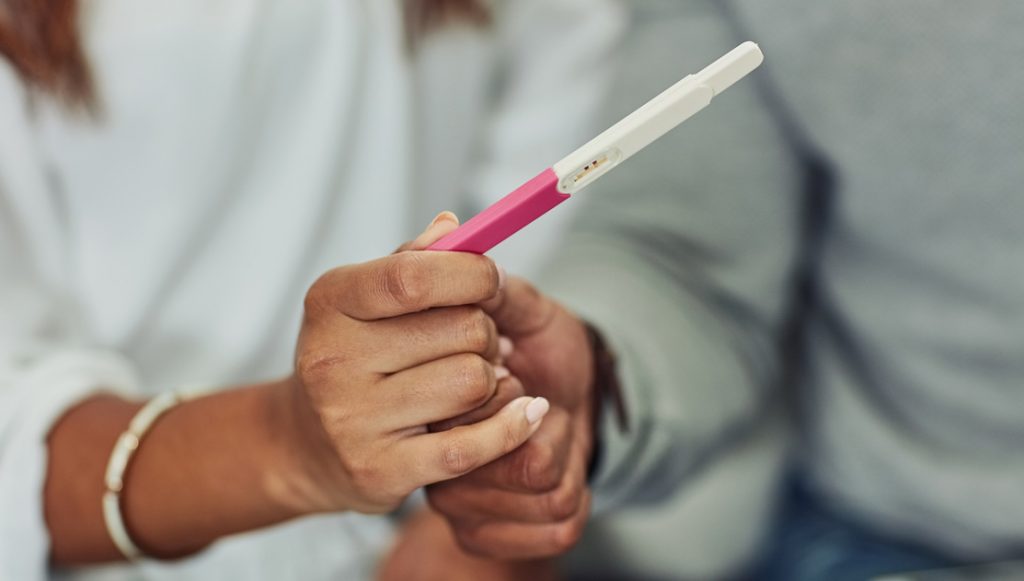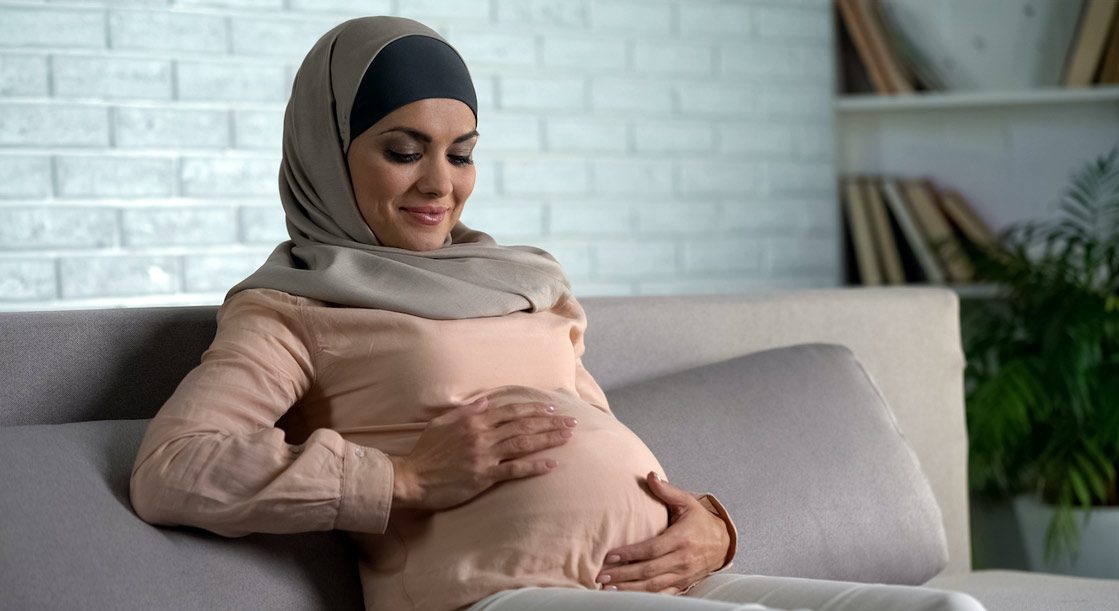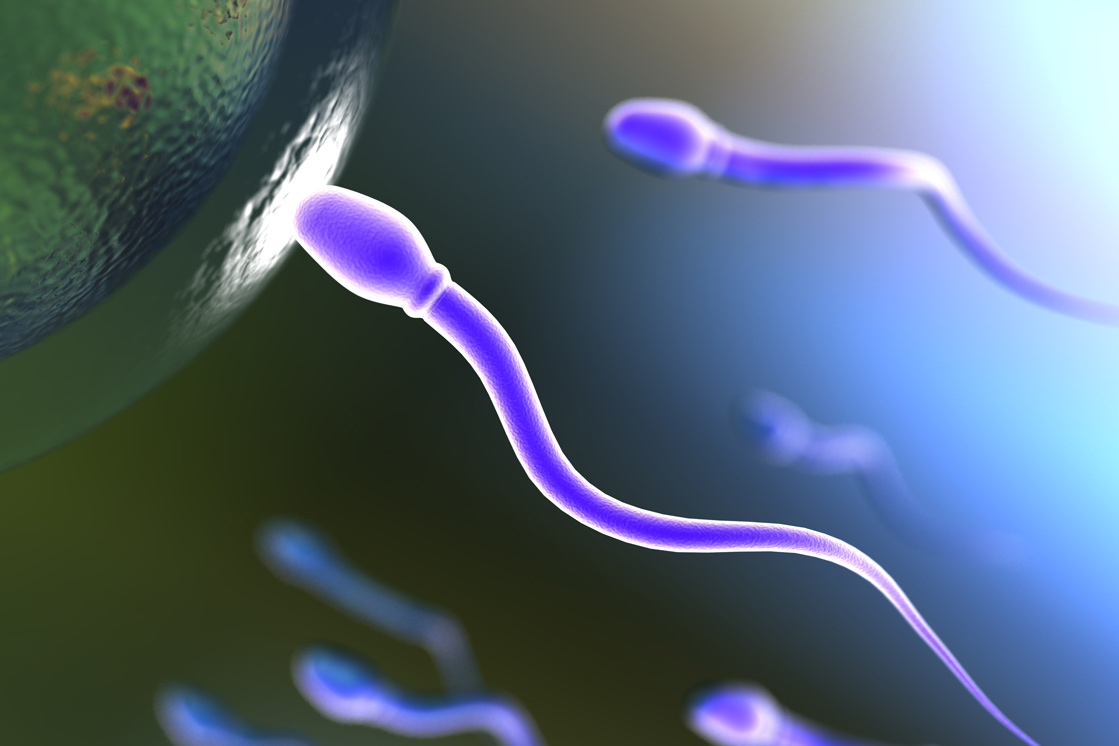Pregnancy is a significant life event that causes your body to go through lots of changes, whether you are conceiving naturally or undergoing a fertility treatment such as IVF.
This process can be daunting, especially if it’s your first time. It may feel intimidating or embarrassing to ask your doctor questions about pregnancy, fertility and treatments, which is why we have put together a list of questions commonly posed to us by our patients. This list is not extensive, and you should always consult your doctor if you are unsure about something.
Dr Amin Gorgy, Fertility Consultant and Co-Director at The Fertility & Gynaecology Academy, says: “As a fertility specialist, I have been asked innumerable questions about pregnancy and the process of becoming pregnant through fertility treatment. No question is unsensible. Our consultants are here to put your mind at ease, so if there is something you’re unsure about, there is no harm in asking. You will feel more comfortable and less stressed once you have shared your concerns, rather than keeping them to yourself and wondering about the answer.”
Will freezing my eggs guarantee me a baby when I’m older?
No fertility treatment has a 100% success rate. However, your chances of conceiving through egg freezing are higher if you are younger than 35 at the time of freezing. This is because the number and quality of a woman’s eggs usually begin to deteriorate from this age.
How quickly does IVF work?
A pregnancy test can be taken two weeks after the egg retrieval (collection). Home pregnancy tests are very accurate these days; however, we prefer a blood test to measure the level of the pregnancy hormone B-hCG and make sure it is rising when repeated a few days later. We also measure the level of progesterone in your blood to make sure it is enough to support the pregnancy.
Is age really that important when it comes to getting pregnant?
Yes, it is the most important factor. As women age, their ovarian reserve declines, which makes it more difficult to conceive naturally. Additionally, there are more risks associated with fetal development, health complications and a higher chance of miscarriage in pregnant women above the age of 35.
Men can also experience declining fertility with age. Sperm deteriorates in terms of motility and abundance in a man’s late thirties, which can make conceiving more difficult, no matter the age of his partner.
Do I need to be on a special diet to conceive?
There is no prescribed diet to aid conception, as everybody is different and what may work for one couple may not work for another. Additionally, your diet plays a minor role in conception in comparison to your hormone levels, age and the health of your reproductive system. Saying that, it is important for any couple who are trying to get pregnant to stick to a healthy, balanced diet to ensure that their general health is at its optimum level. This goes hand in hand with a good exercise routine, and refraining from smoking or drinking excessively while attempting conception.
If I’m trying to conceive should I only have sex when I’m ovulating?
In a normal 28-day menstrual cycle, a woman has around six fertile days (days when she can become pregnant). This period is usually the five days before ovulation, plus the day of ovulation. Sperm can stay alive in the uterus for five days, so having sex during your six fertile days will give you the best chance of conceiving.
However, it is important not to put pressure on yourselves during this time. Trying to conceive a baby can be stressful – especially when you have tried for a long time – and can even put a strain on your relationship. This can make sex unenjoyable, in turn making it more difficult to get pregnant.
Is there an age limit to IVF?
There is no legal limit on the age at which a couple can undergo IVF. However, UK public healthcare generally only admits women for IVF treatment under the age of 42. This is because the success rate of IVF reduces as the age of the patient increases, and there are more risks associated with pregnancy in older women.
At The Fertility & Gynaecology Academy, we treat each patient individually, and do not use blanket age restrictions. We will assess your health to ensure that you have the highest possible chance of conceiving through fertility treatment and carrying a baby to term. It is extremely important to us that our patients have a safe and comfortable pregnancy.
Is there a best sexual position for getting pregnant?
As long as ejaculation occurs during vaginal penetration, there is no optimum sexual position for getting pregnant. Men want to penetrate deeply and women worry that the semen will escape, but it doesn’t make the slightest difference.
I have had bleeding/spotting after implantation. Does this mean I miscarried? Should I be worried?
Spotting after implantation is not uncommon after embryo transfer. Spotting can occur when the embryo attaches to the endometrium, rupturing the capillaries in the uterus wall, which is normal.
Unfortunately, spotting can be a cause of distress, as patients worry that the bleeding is a miscarriage or their next period. If you are worried or unsure, please call our clinic and speak to your doctor.
Have a question about fertility or pregnancy?
Get in touch with our friendly, expert fertility consultants at The Fertility & Gynaecology Academy today to answer any questions you may have. Book a consultation with us online now, or speak to one of our team members on 020 7224 1880.







